Tech pioneers who don’t get enough credit
In the bustling world of technology, we often celebrate the giants whose names have become synonymous with innovation. Yet, behind the curtain, there are numerous unsung heroes whose contributions have shaped the tech landscape. These individuals, though not as famous, have played crucial roles in creating the technologies we rely on today. Let’s shine a light on their incredible achievements and explore their fascinating stories.
The Overlooked Genius Behind the First Computer
![Portrait Of [redacted]](https://media.tellmebest.com/wp-content/uploads/2023/08/portrait-of-ada-byron-24732.jpeg)
While Charles Babbage is credited with conceptualizing the first computer, it was Ada Lovelace who expanded on his ideas and became the world’s first computer programmer. Her work on the Analytical Engine laid the groundwork for future computing. Lovelace’s foresight in the 1800s about the machine’s potential to go beyond mere calculation to perform complex tasks was visionary. Her contributions remain pivotal in the history of computing.
Visionaries of the Internet: The Forgotten Founders
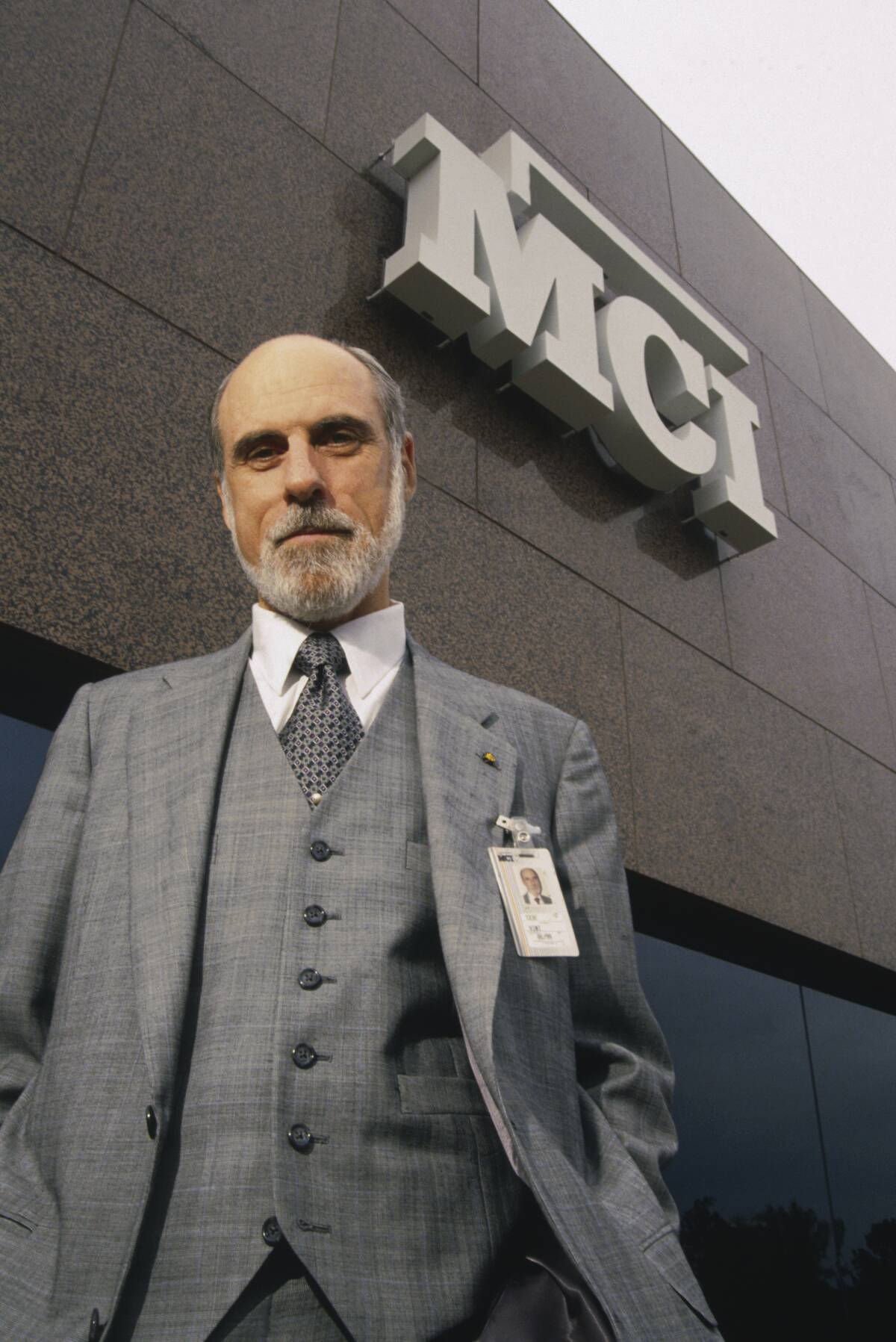
When we think of the internet, Tim Berners-Lee often comes to mind. However, Vint Cerf and Bob Kahn’s development of TCP/IP protocols were fundamental to its creation. Without their work in the 1970s, the internet as we know it wouldn’t exist. Their protocols allowed different networks to connect and communicate, effectively laying the foundation for the global network we rely on today. Their contributions are a testament to their forward-thinking vision.
The Quiet Innovator of Smartphone Technology
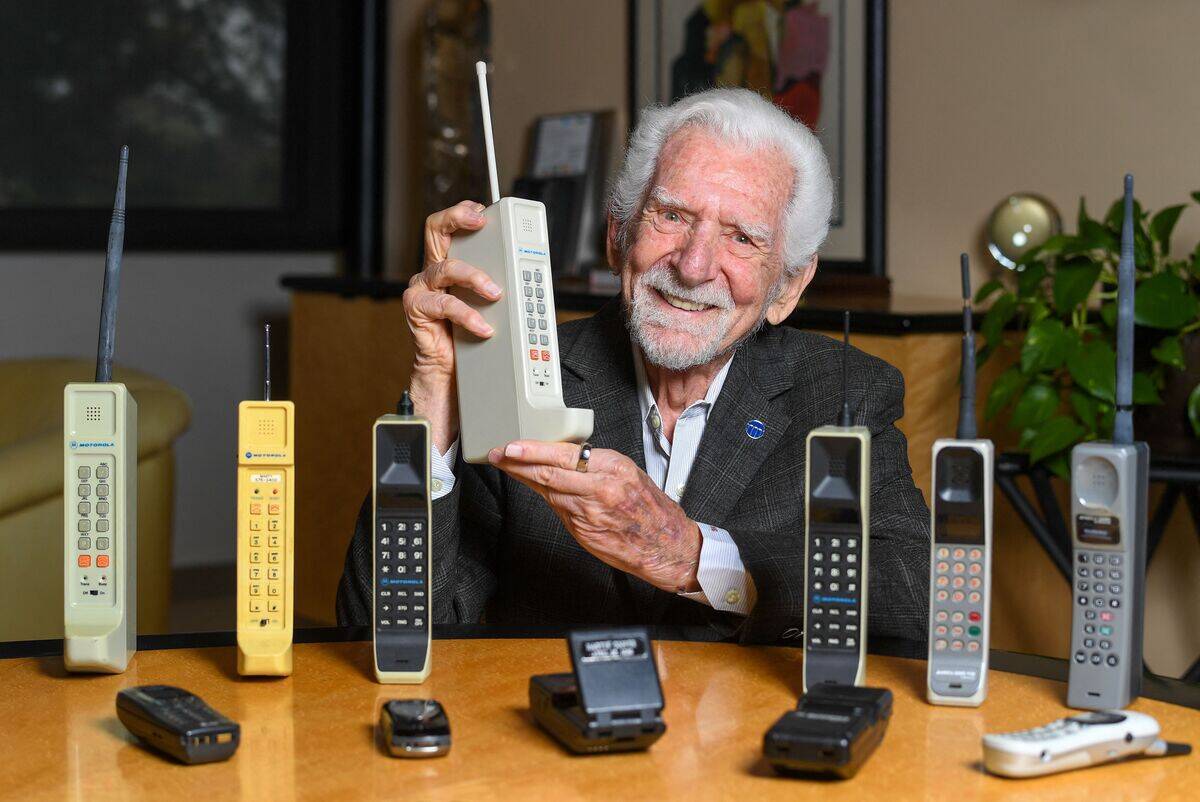
Martin Cooper, known as the ‘father of the cellphone,’ made the first mobile phone call in 1973. His vision of a handheld device that allowed people to communicate wirelessly was revolutionary. The iconic Motorola DynaTAC became a reality due to his persistence and innovation. Cooper’s groundbreaking work paved the way for today’s smartphones, transforming the way we connect and interact with the world around us.
Trailblazers of Artificial Intelligence in the Early Days

When it comes to AI, pioneers like John McCarthy and Marvin Minsky laid the groundwork in the mid-20th century. McCarthy coined the term ‘artificial intelligence’ and contributed to the development of the Lisp programming language. Minsky’s work in neural networks and robotics further advanced AI research. Their early efforts have led to significant advancements, making AI an integral part of modern technology.
The Pioneers of Open Source Software

Richard Stallman and Linus Torvalds are synonymous with the open-source movement. Stallman’s GNU Project provided the tools needed to create a free operating system, while Torvalds’ Linux kernel became a cornerstone of open-source software. Their dedication to free software principles has influenced countless developers and projects, establishing a collaborative environment that fosters innovation and democratizes technology access.
The Woman Who Revolutionized Computer Programming
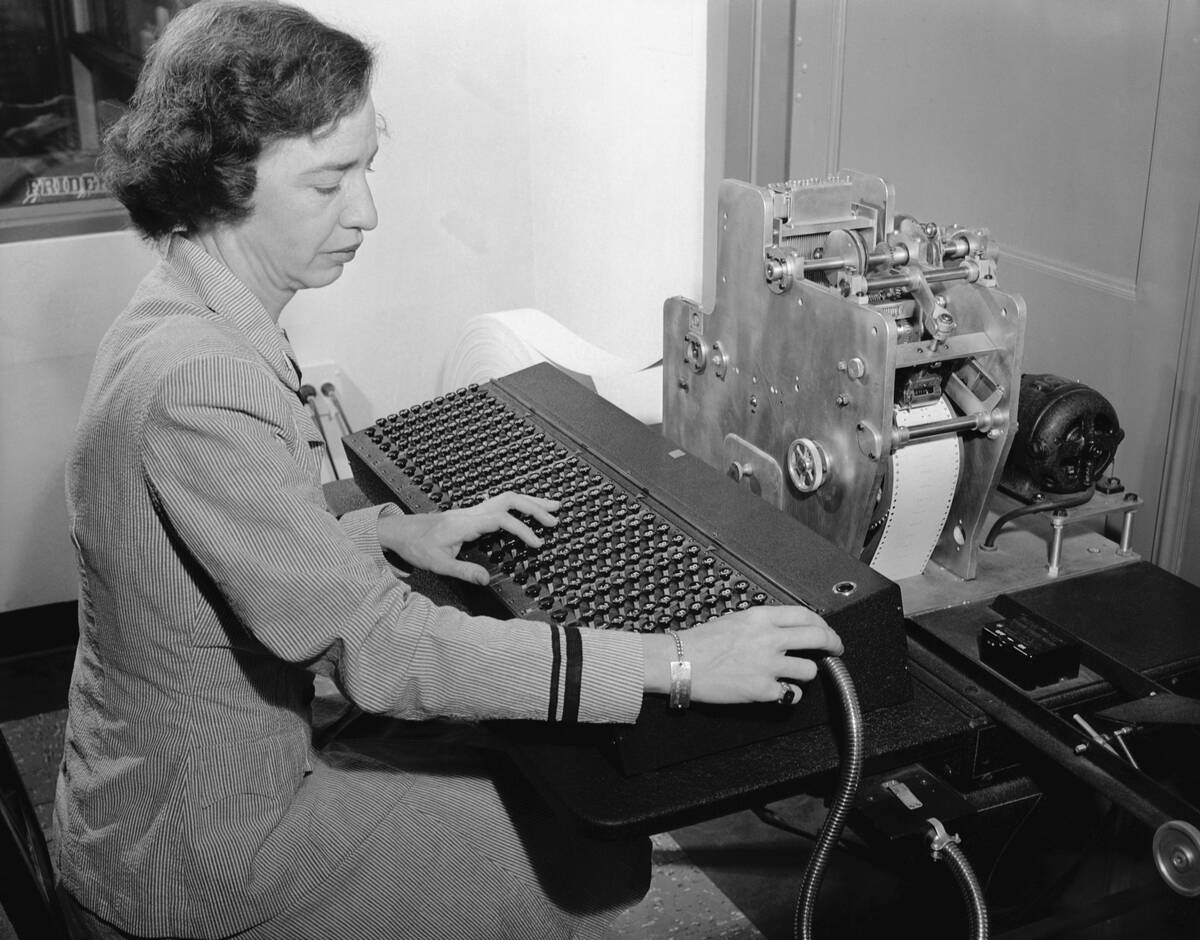
Grace Hopper, a naval officer and computer scientist, was instrumental in developing COBOL, one of the first high-level programming languages. Her work in making computer programming more accessible and user-friendly cannot be overstated. Hopper’s belief that computers could understand English-like commands led to the development of compilers, transforming the way we interact with machines. Her legacy continues to inspire future generations of programmers.
The Mastermind Behind Video Game Consoles

Ralph H. Baer, often referred to as the ‘father of video games,’ was pivotal in creating the first home video game console, the Magnavox Odyssey, in 1972. Baer’s vision of bringing interactive entertainment into homes was groundbreaking. His work laid the foundation for the multi-billion-dollar video game industry we see today, and his innovations continue to influence game design and development.
The Inventors of the Modern Search Engine
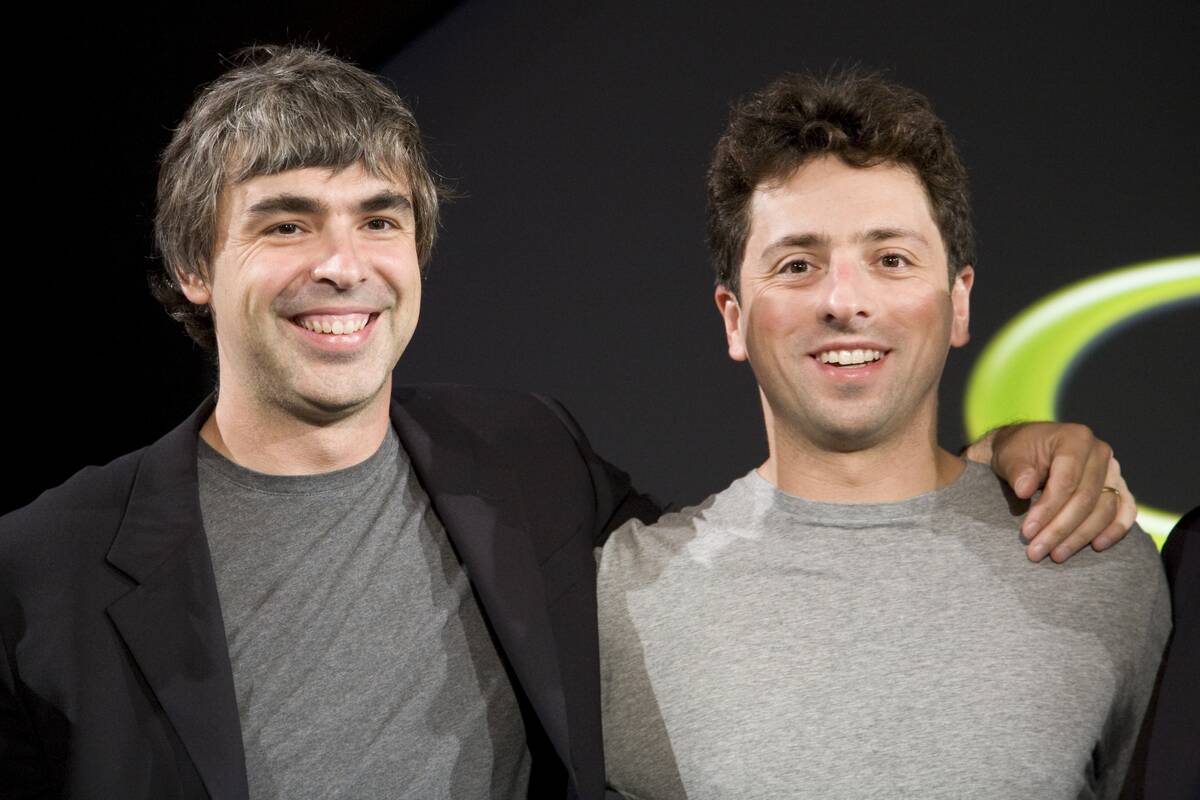
Larry Page and Sergey Brin forever changed the way we access information with Google, which they co-founded in 1998. Their PageRank algorithm revolutionized search engine technology by prioritizing web pages based on relevance and importance. This approach transformed Google into the go-to search engine, making information universally accessible and useful. Their innovation set the standard for search engines worldwide.
The Unheralded Developer of Social Media Platforms
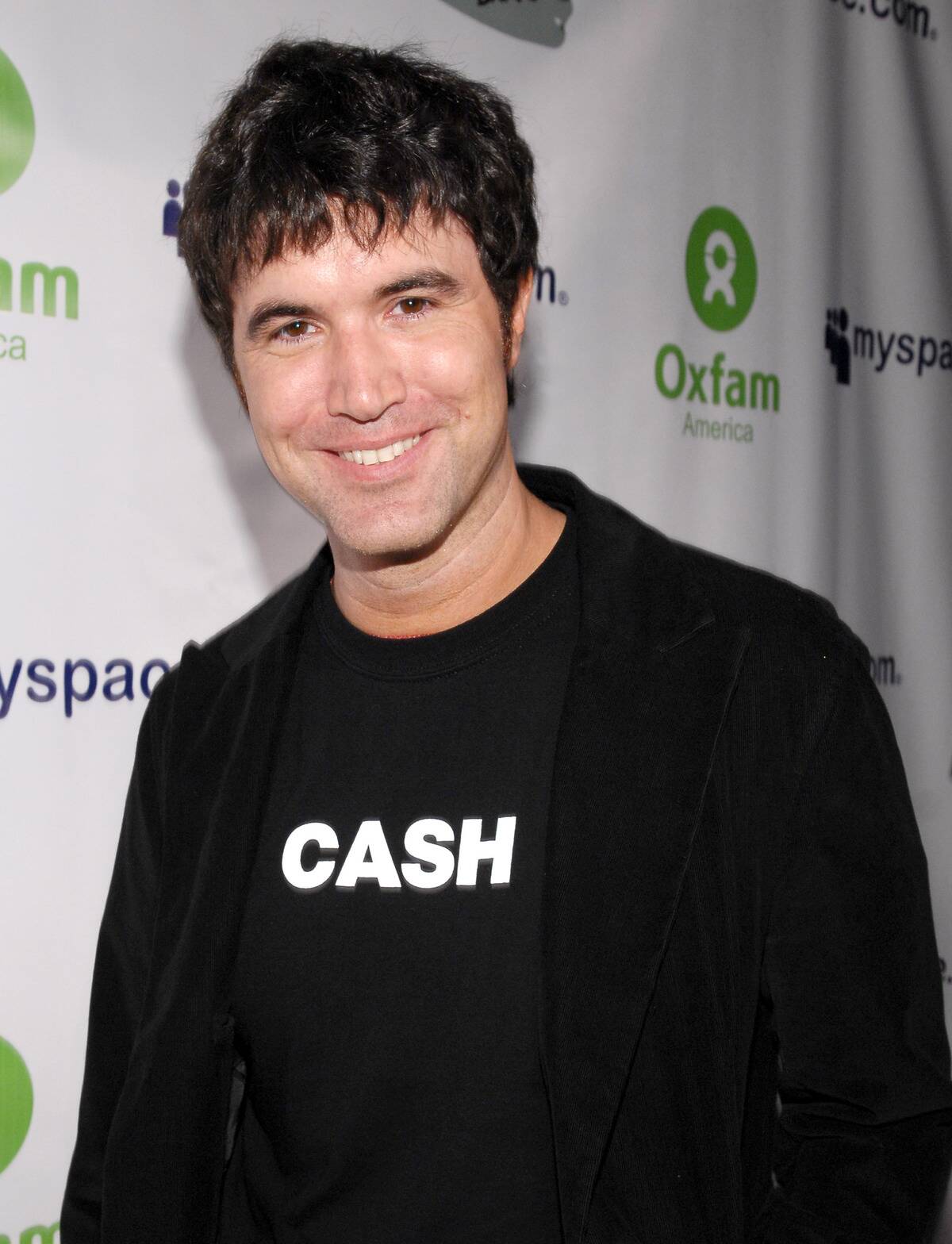
Though Mark Zuckerberg is a household name, the contributions of Tom Anderson and Chris DeWolfe with MySpace set the stage for social networking. Launched in 2003, MySpace was one of the first platforms to allow users to create personalized profiles and interact with others online. It paved the way for the social media explosion, influencing the development of future platforms that now dominate the digital space.
Early Innovators in the World of Virtual Reality

Ivan Sutherland, often dubbed the ‘father of computer graphics,’ made significant strides in virtual reality. His invention of the first head-mounted display, known as the ‘Sword of Damocles,’ in 1968, was a groundbreaking achievement. Though rudimentary by today’s standards, Sutherland’s work laid the foundation for the immersive VR experiences we enjoy today, highlighting his visionary approach to computer interaction.
The Architects of Cloud Computing

The concept of cloud computing was popularized by pioneers like Larry Ellison and Marc Benioff. Ellison’s Oracle and Benioff’s Salesforce played significant roles in developing cloud-based solutions, offering scalable and flexible computing resources. Their innovations have transformed how businesses operate, providing on-demand access to data and applications and driving the digital transformation of industries worldwide.
The Underappreciated Innovators of Wireless Communication

Hedy Lamarr, a Hollywood actress and inventor, co-developed a frequency-hopping spread spectrum technology in the 1940s. Her invention, initially intended for torpedo guidance, became a precursor to modern wireless communication, including Wi-Fi and Bluetooth. Lamarr’s work, though unrecognized during her lifetime, is now celebrated for its significant impact on wireless technology, showcasing her brilliant and inventive mind.
The Pioneers of Cybersecurity Solutions
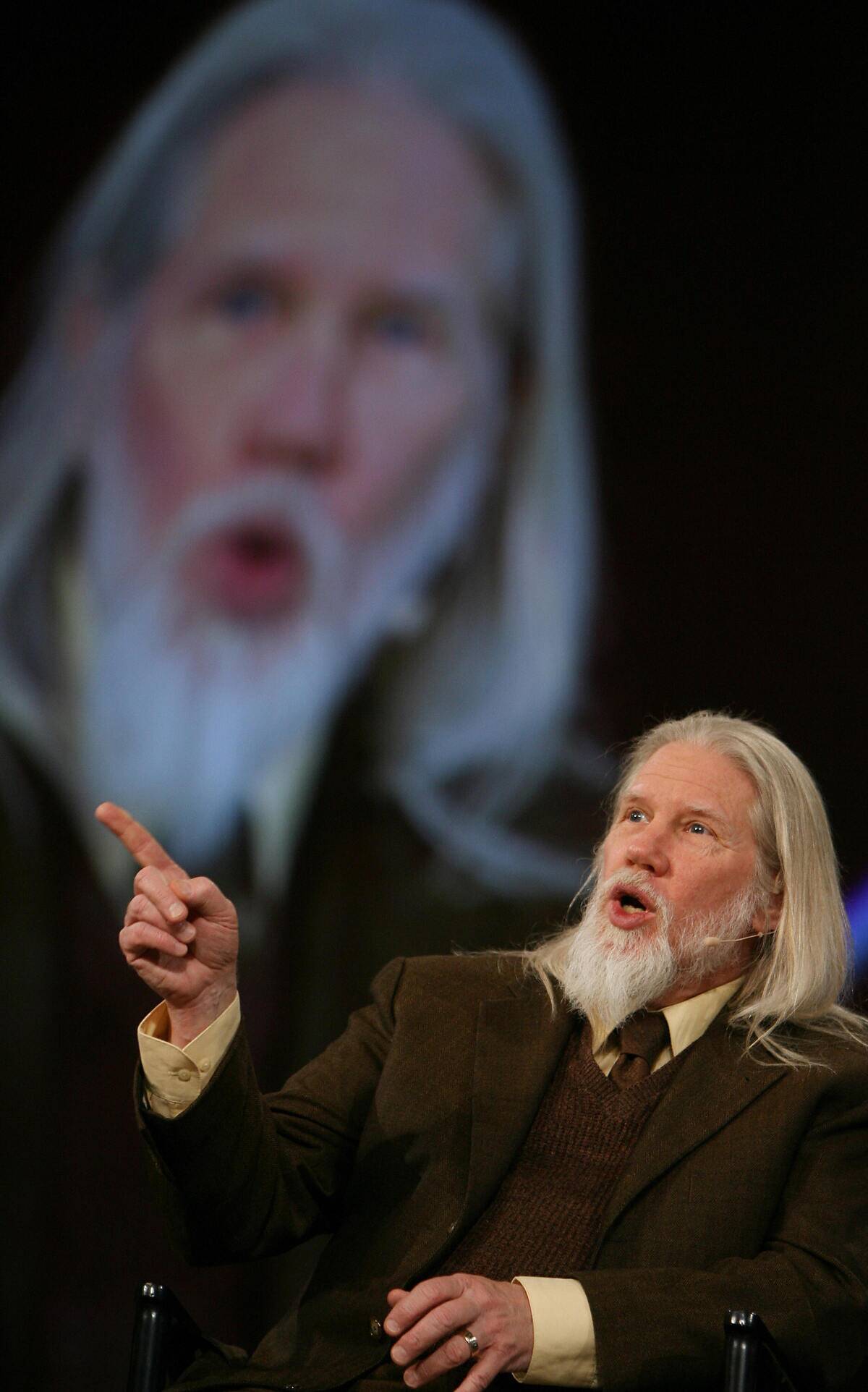
Whitfield Diffie and Martin Hellman laid the groundwork for modern cybersecurity with their development of public-key cryptography in the 1970s. Their work introduced a new method of secure communication, enabling the safe exchange of information over untrusted networks. This breakthrough has been essential in protecting data and ensuring privacy in digital communications, forming the backbone of internet security protocols used today.
The Brains Behind the First Wearable Technology
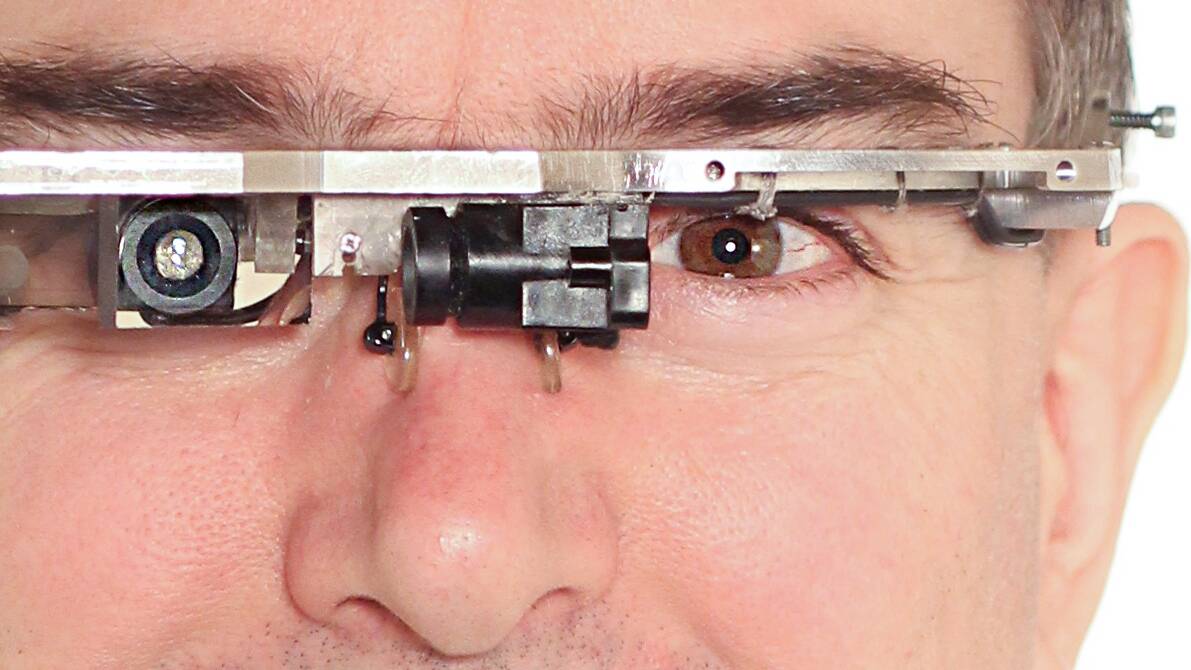
Steve Mann, often credited as the ‘father of wearable computing,’ pioneered the development of wearable technology in the 1980s. His invention of the first wearable computer, which integrated easily with daily life, was a precursor to devices like smartwatches and fitness trackers. Mann’s work highlighted the potential of technology to augment human capabilities, setting the stage for the wearable tech revolution we see today.
The Trailblazers of Streaming Services
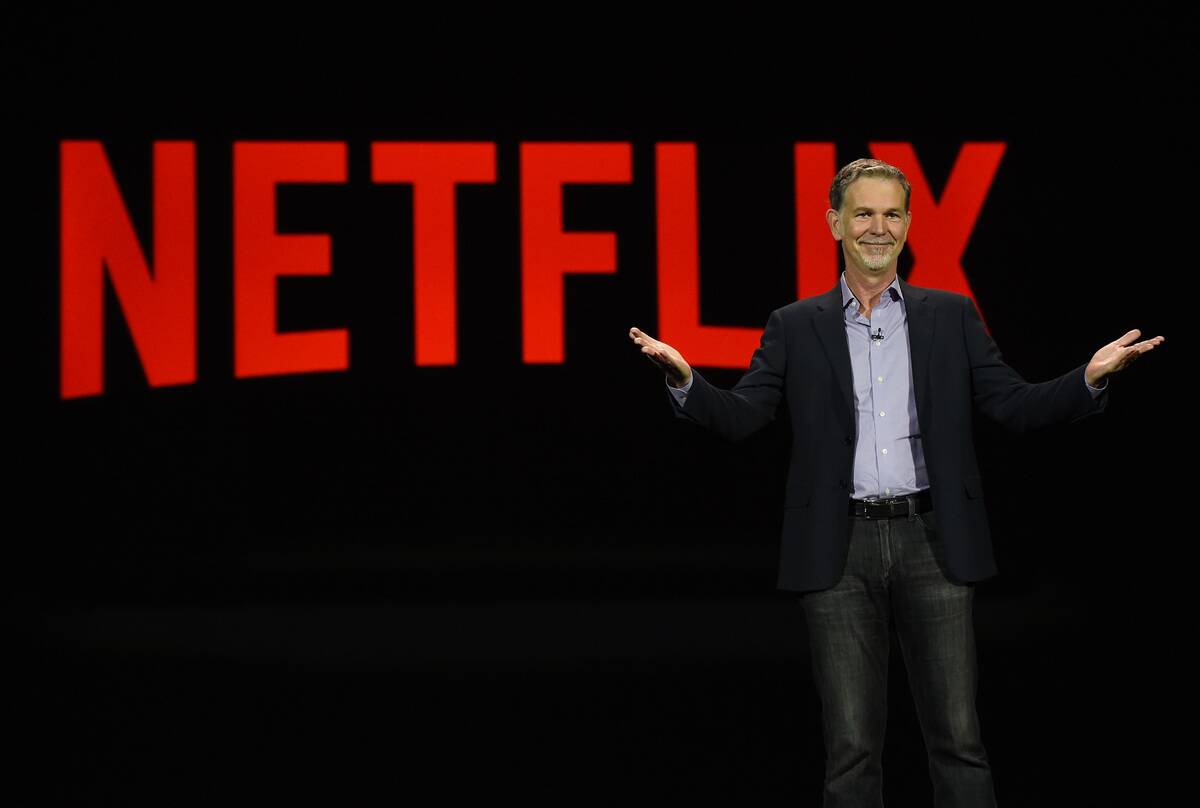
Reed Hastings and Marc Randolph transformed the entertainment industry with the creation of Netflix in 1997. Originally a DVD rental service, Netflix’s shift to streaming in 2007 revolutionized content consumption. Their innovative business model and embrace of digital distribution have reshaped the media landscape, making on-demand streaming a staple of modern entertainment and paving the way for numerous competitors.
The Visionaries Who Shaped E-commerce Platforms
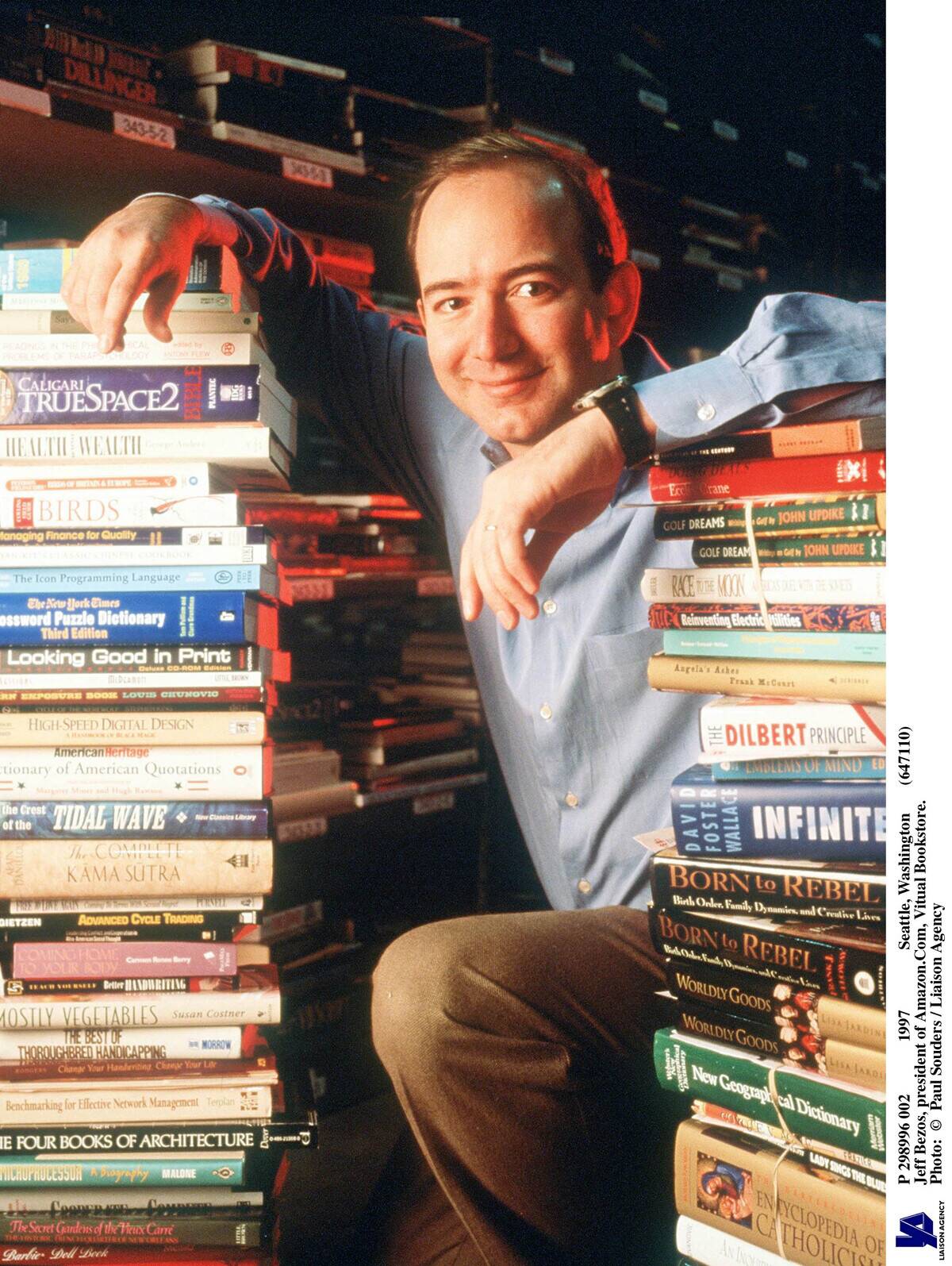
Jeff Bezos’ founding of Amazon in 1994 marked a turning point in e-commerce. Initially an online bookstore, Amazon’s expansion into a vast marketplace redefined shopping. Bezos’ focus on customer experience and technological innovation established Amazon as a leader in the e-commerce sector. His vision of a ‘everything store’ has set the standard for online retail, influencing the development of e-commerce platforms globally.



